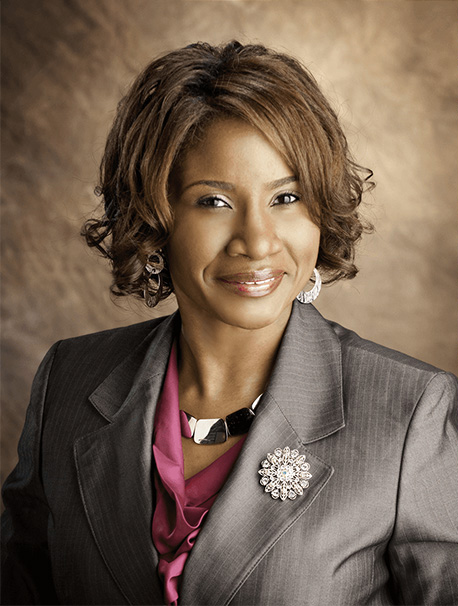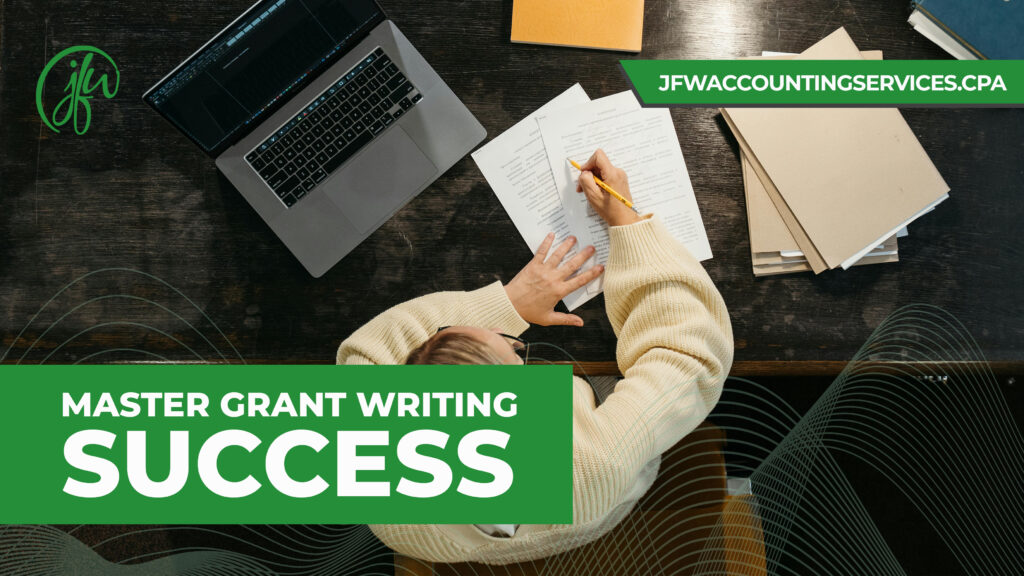In Part 2 of our guide on the basics of grants for nonprofits, we will work through effective strategies for writing and securing funding for your organization. If you haven’t yet read Part 1, we recommend doing so first. In that article, we cover what grants for nonprofits are, how to qualify for them, and where you can find these opportunities. For now, let’s explore the strategies behind writing and winning nonprofit funding.
The Benefits of Grants for Nonprofits
The benefits of nonprofit grants for charitable organizations are substantial. This type of funding provides more than just financial support. Since these grants are targeted to specific program areas, they offer a way for organizations to focus on their mission without the burden of loan repayment.
Nonprofit grants also provide operational funding, which can be used for essential expenses such as rent, salaries, and day-to-day resources. Finally, winning grants can enhance an organization’s credibility and visibility. This is because the more funding a nonprofit receives, the more they are recognized as a legitimate organization.
Preparing a Successful Grant Application
Even if a nonprofit meets the requirements for a grant, it does not mean the organization will automatically receive the funds. When working through the steps of the grant process, quality and detail matter. Before you even begin the application process, it is wise to research the grant provider and its unique mission and objectives.
Next, be sure to clearly define your objectives and ensure they are attainable within the scope of the grant funding. Grant reviewers are more likely to approve applications that present realistic, achievable goals. Finally, since tangible data is important to funders, where possible, include statistics, benchmarks, and clear outcomes. This data helps funders make more informed decisions about where they put their money.
The Grant Proposal Writing Process
Once your preparation is complete, it’s time to create a grant proposal that captures your nonprofit’s mission. Here’s a breakdown of each segment of the nonprofit grant application and how to complete them clearly:
Using the Introduction to Hook the Reader
Begin with a complete overview of your nonprofit’s mission and key accomplishments. This initial section should catch the funder’s attention by providing them with insights into your organization’s purpose and why your project is worth funding.
Set a Clear Statement That Defines Your Goals
Your grant application should present the specific problem or community need that your project addresses. A nonprofit should clearly explain the importance of the issue and how your organization’s work aligns with solving it. This strong statement should be written to persuade the funders that your organization is worthy of a grant.
Offer Clear Data and Objectives
Funders appreciate clarity, throughout your grant proposal application, it is important to show them exactly what the project will accomplish and how you’ll track progress. Include tangible goals that align with the grant’s mission. This area of your grant will also offer the grant givers a clear view of where and how you plan to spend the money.
When To Follow Up on Your Grant Application
After submitting your grant application, patience is key. Once a reasonable amount of time has passed (typically 4–6 weeks), a member of your nonprofit team should follow up with the funders. A gentle reminder via email or phone call helps keep your organization on its radar and reinforces your commitment to the project.
Grant Applications Made Easy
In order for nonprofits to craft successful grant applications, thoughtful planning, research, and strategic writing is critical. For more guidance on managing your nonprofit’s finances and optimizing your funding strategy, contact us today at JFW Accounting Services.

Jo-Anne Williams Barnes, is a Certified Public Accountant (CPA) and Chartered Global Management Accountant (CGMA) holding a Master’s of Science in Accounting (MSA) and a Master’s in Business Administration (MBA). Additionally, she holds a Bachelor of Science (BS) in Accounting from the University of Baltimore and is a seasoned accounting professional with several years of experience in the field of managing financial records for non-profits, small, medium, and large businesses. Jo-Anne is a certified Sage Intacct Accounting and Implementation Specialist, a certified QuickBooks ProAdvisor, an AICPA Not-for-Profit Certificate II holder, and Standard for Excellence Licensed Consultant. Additionally, Jo-Anne is a member of American Institute of Certified Public Accountant (AICPA), Maryland Association of Certified Public Accountants (MACPA), and Greater Washington Society of Certified Public Accountants (GWSCPA) where she continues to keep abreast on the latest industry trends and changes.

